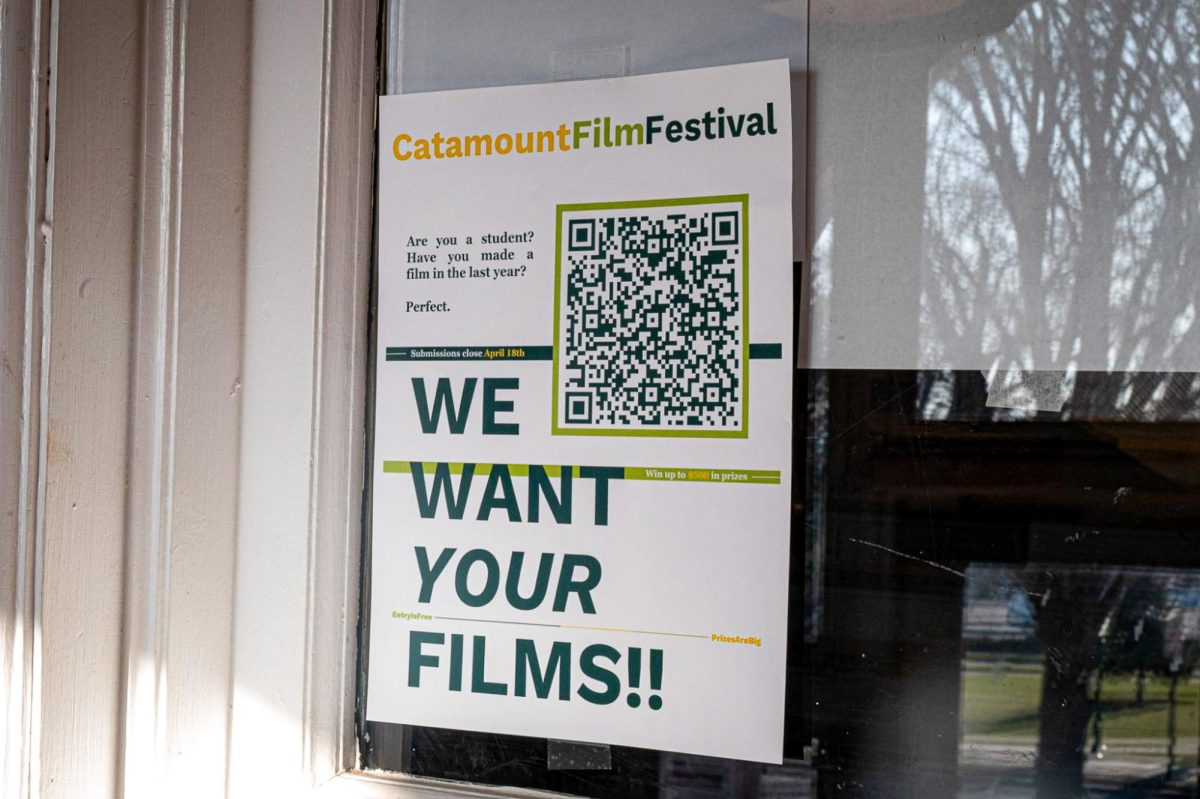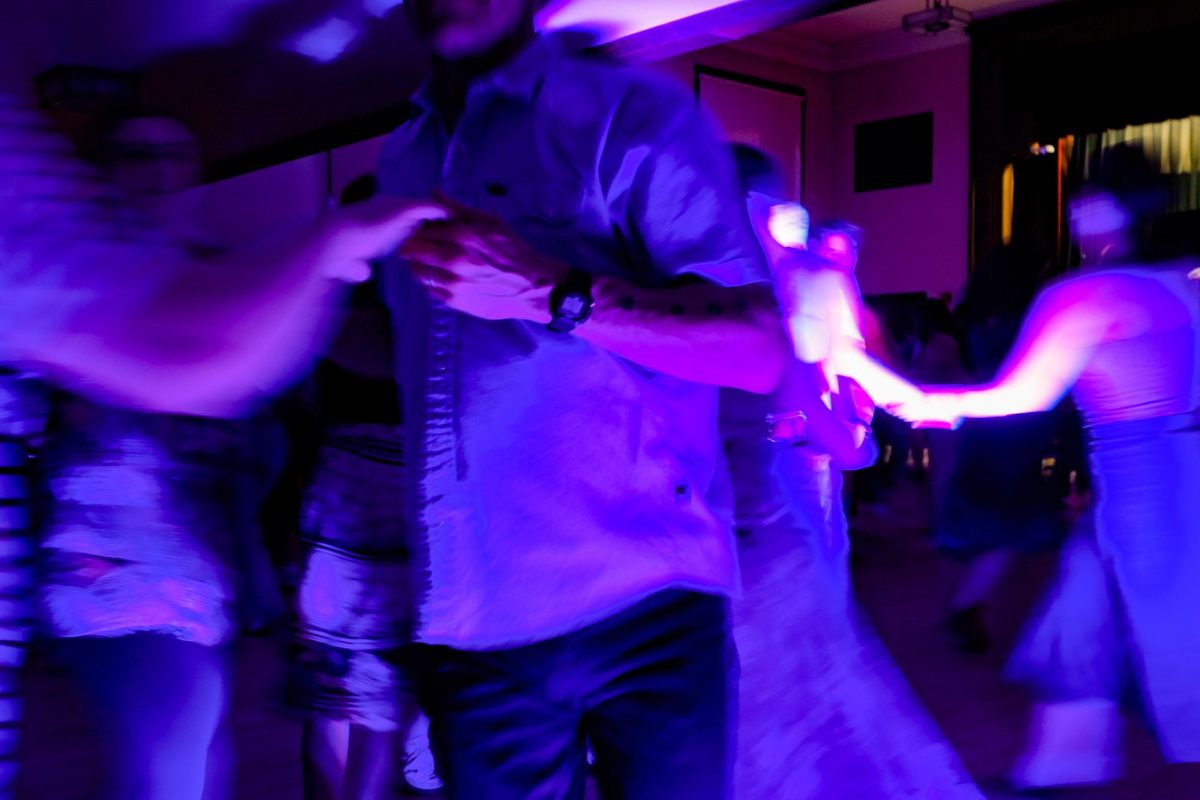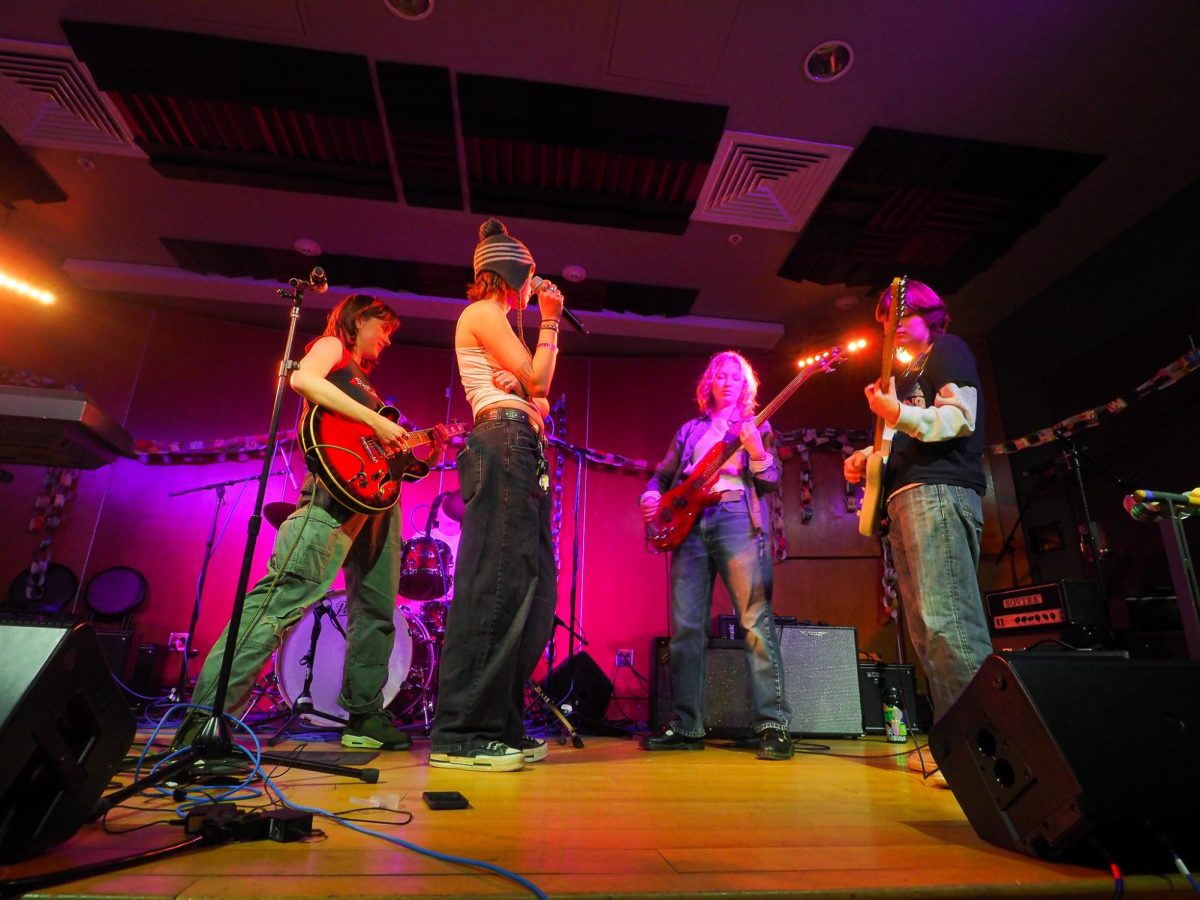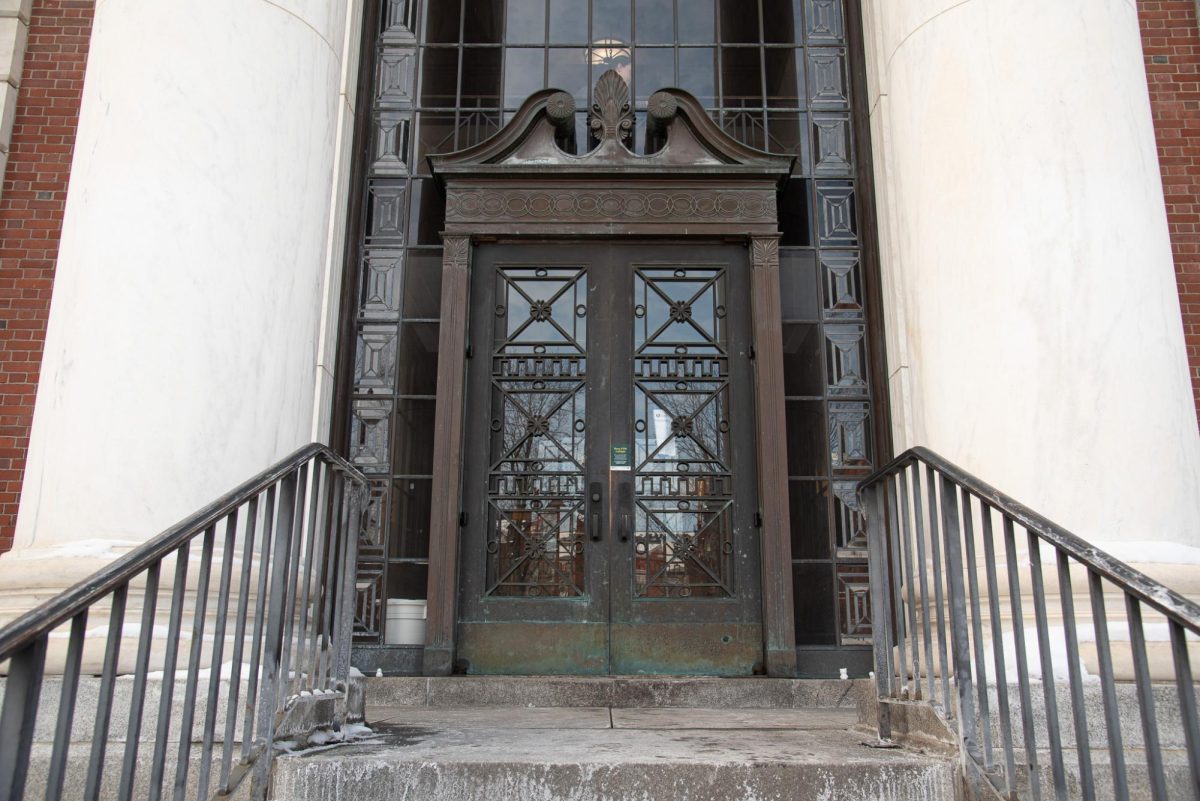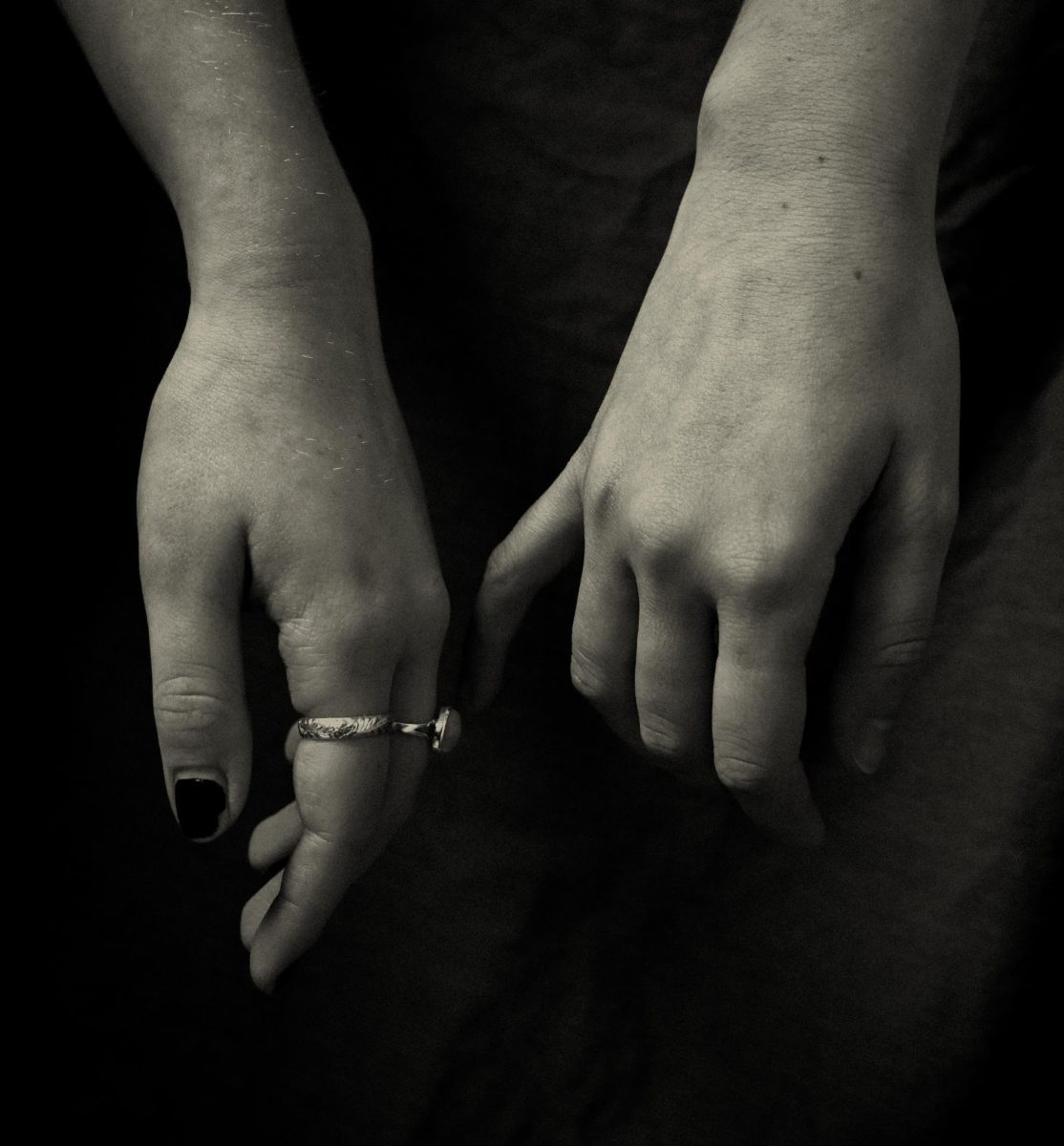Prague is a city of Kafka and communism, a place of castles and beer-halls, political radicals and economic entrepreneurs. It is here that I spent my spring semester of last year, studying and traveling and living abroad. I first became interested in the Czech Republic after becoming friends with a Czech native who was working in my hometown as an au pair. Jana had a unique life philosophy of skepticism paired with idealism that I never quite understood, and she insisted that it was the prevailing attitude of her country. Knowing that I wanted to go abroad but having very little idea of any particular location, I decided that Prague, the capital city of the Czech Republic, was as good as any other place. Luckily, Prague exceeded all expectations. After traveling through cities as diverse as London, Budapest, Paris and Berlin, I came to the conclusion that there is nowhere else I would have rather spent a semester abroad than Prague. It is a complex and amazing city on so many level that I found myself perpetually in awe of my surroundings. From a physical perspective, Prague is astounding, presenting almost six hundred years of architecture because Prague avoided the bombardments in WWII that damaged most other capital cities in central Europe. The social history of the country is what I found to be most fascinating. Prague began as the capital of the prosperous Austro-Hungarian Empire and more-or-less thrived until the partial annexation of the Czech Republic, (then Czechoslovakia) by Germany in WWII and the Nazi occupation. They were then “liberated” by the Russians and afterwards found refuge in Communism, which ended up being nearly as oppressive as the previous regime. In the 1990’s, the Velvet Revolution, led by artist activists, brought about a peaceful end to a totalitarian government, and the latest big change was the past spring’s entrance into the European Union.
The alternately positive and deleterious effect communism had on the populous are fascinating, and the relative modernity of the communist period provides an opportunity for convenient study. While I was abroad, my Czech friend Jana returned home and I spent a weekend with her family. Her mother told me about gathering together the entire extended family to stand for hours on a produce line when she was pregnant and craving watermelon, because each family to stand for hours on a produce line when she was pregnant and craving watermelon, because each family was only allotted two per year. Jana herself recalled participating in a warped form of Girl Scouts, here the children spent time memorizing pro-Communist chants and performed nationalistic skits.
Aside from the obvious oppressive nature of this type of government, older people remember communism as a time where you don’t need to worry if you got sick, where you always had a job and enough to eat. The lack of employment and increasing poverty today contrast with the right to freely travel and participate in the governmental process and leads to a confusing paradox hat is distinctly felt. The general consensus agrees that the country is better off without communism, but question how much better. The most obvious way they cope with these persistent questions is a sense of humor that an American would see as sick, and dark. I saw a popular Czech movie that was subtitled and though the translation was pretty accurate (I was told) I left the theater feeling repulsed and confused, while everyone else was still laughing. Apparently Cannibalism, Hitleresque figures, death and perpetually abused protagonists are hysterical. I came to Prague with the hope of seeing what gave rise to the peculiar life outlook of my good friend. I read psychology textbooks and pop-culture magazines, watched the Euro-news and read the Prague Post. I learned that Czechs are the biggest alcohol drinkers on the planet, love R.E.M. and Benny Goodman, eat hot-dogs for breakfast and regard philosophizing as a national pastime. I amassed bits of peculiar trivia including the unofficial status of the poodle as the communist dog of choice, the most popular car brand -Skoda- that name means “a pity,” and the relatively recent use of public demonstration as legal execution. I did not, however, come any closer to understanding how my friend could see life through such a different view – one that is shared by her fellow citizens.
Realizing how each person is a product of their individual cultures, not just how things are around them but how things actually got that way, seems like a very basic sociological idea, but I was struck every time I talked with someone from that country. Like the study abroad experience is supposed to be, it is awakening and lead to some genuine insight that has forced me to question the very nature of perception.






